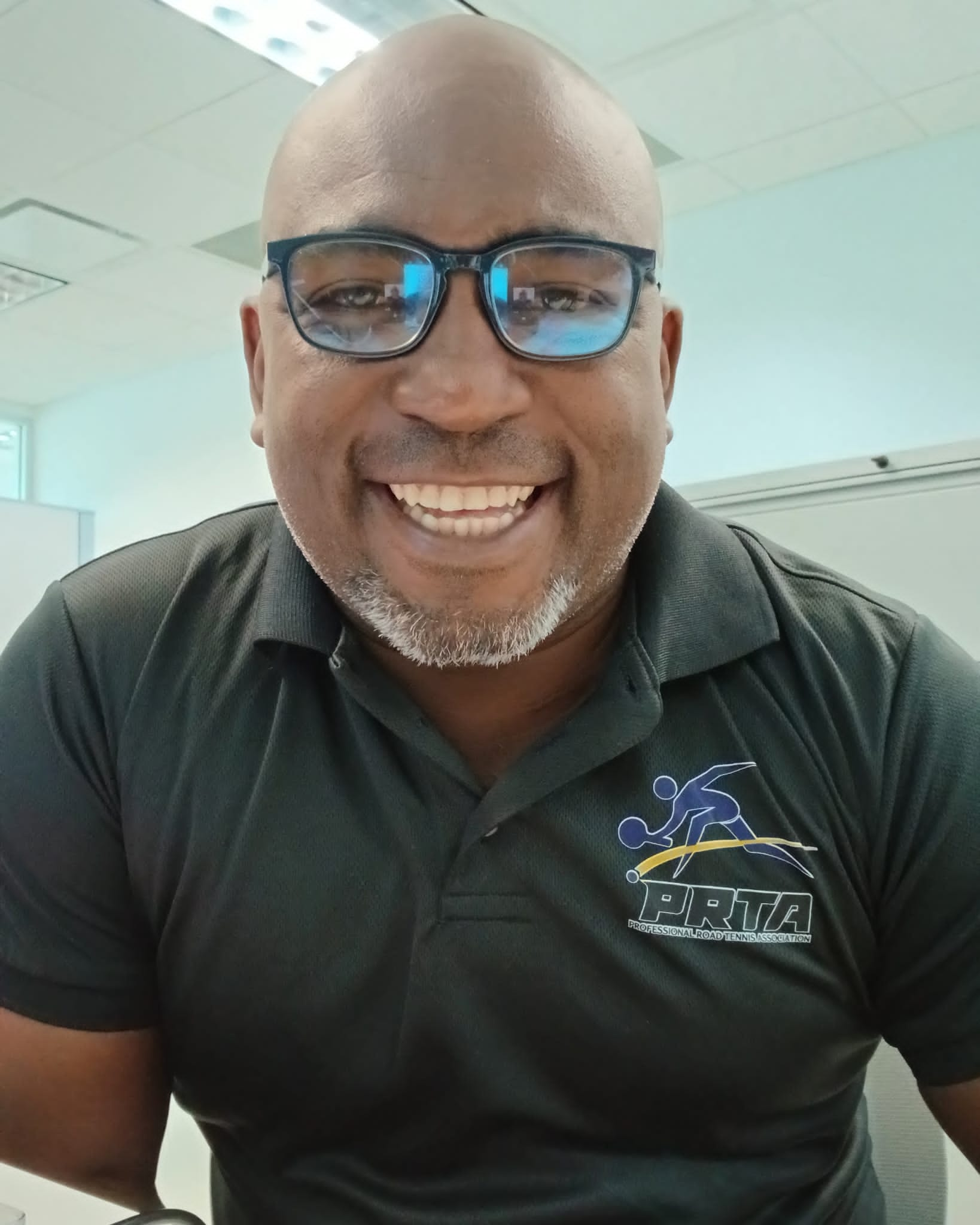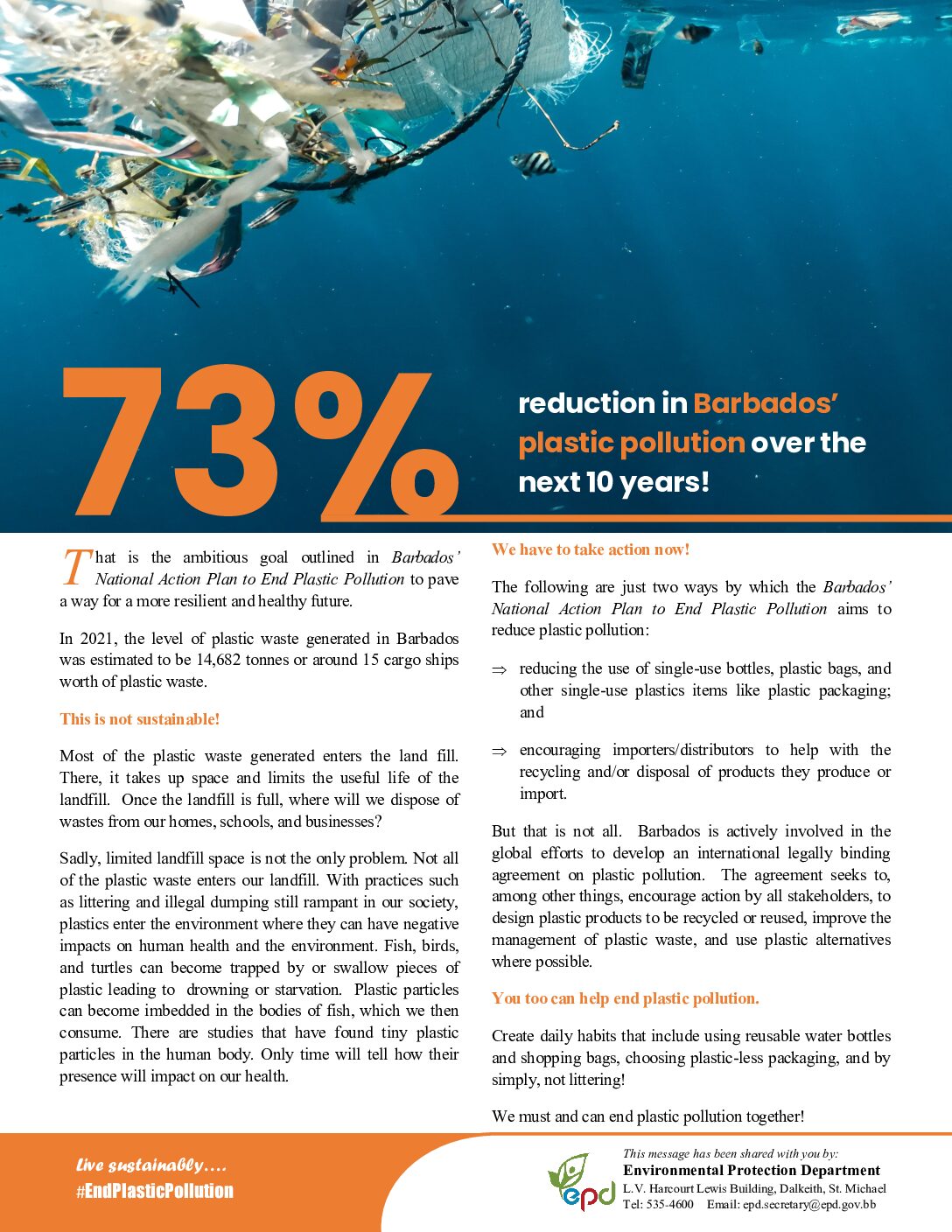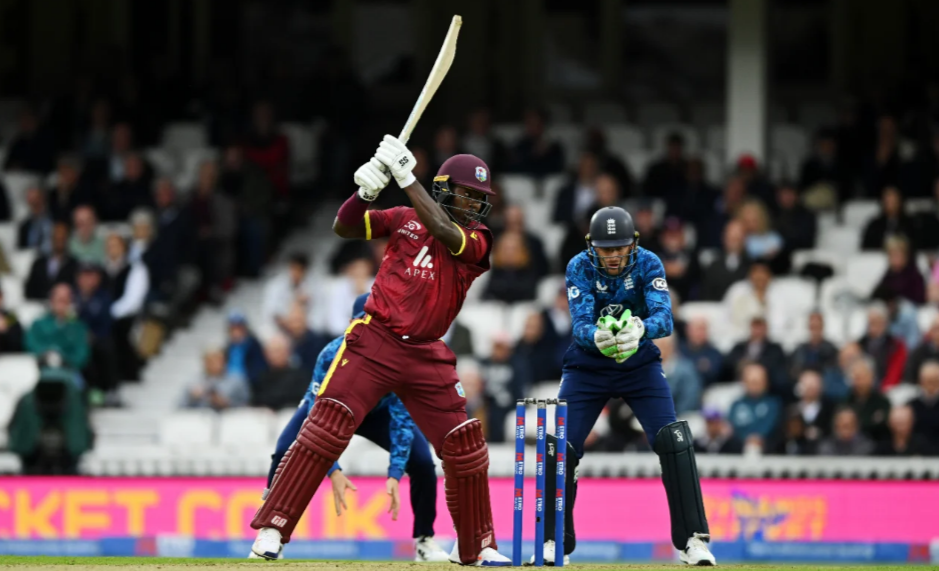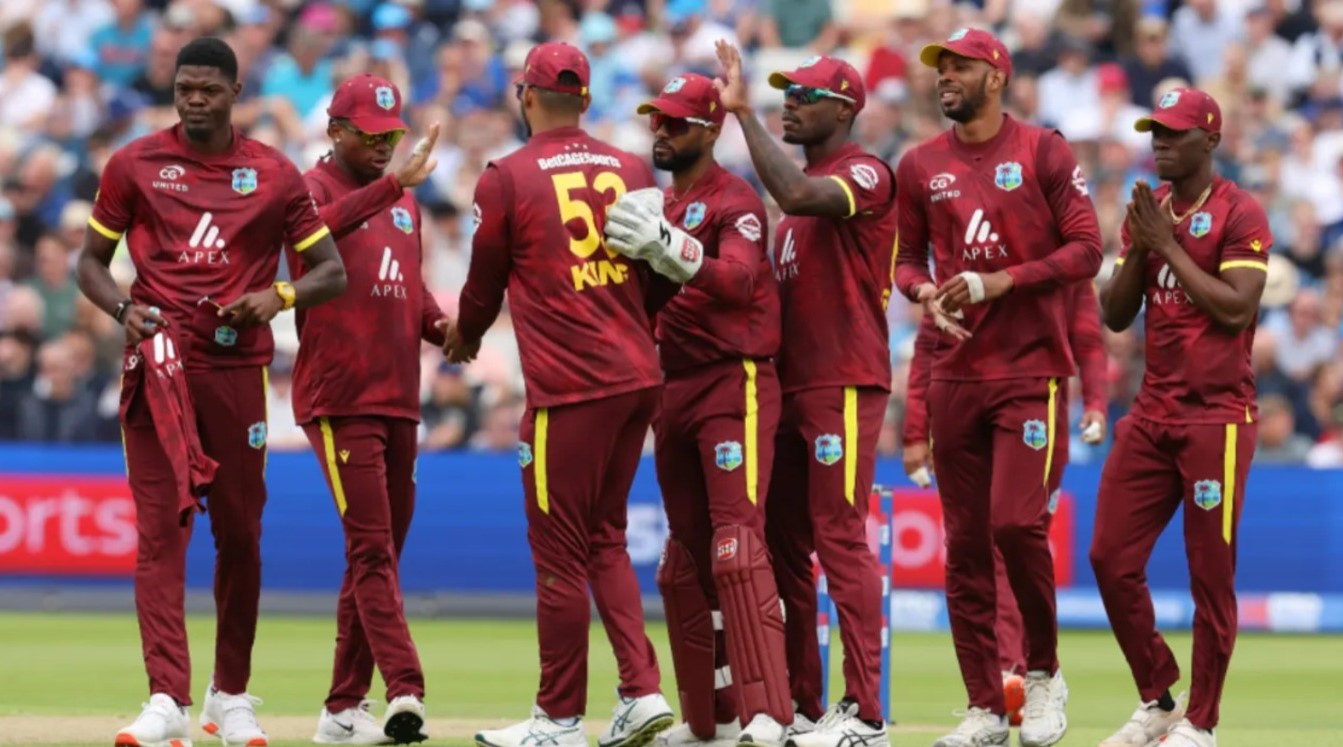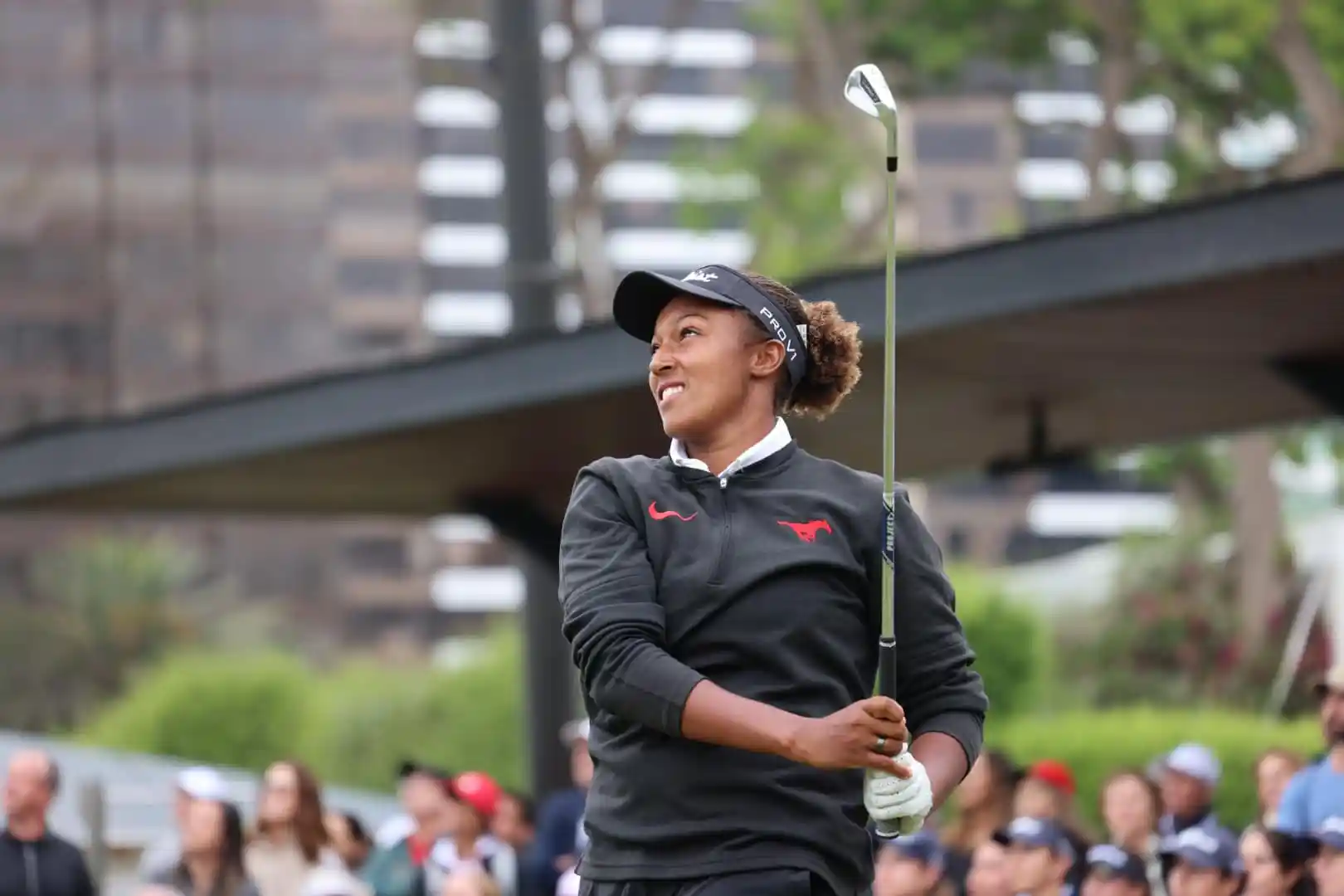Article by David Harris
Road tennis originated in Barbados in the 1930s, the sport was created by the sons of working-class Barbadians who wanted to play lawn tennis but could not ventured onto the courts that were located the affluent urban predominantly neighborhoods like Belleville, George Street, and Strathclyde.
The boys took discarded tennis balls and began hitting them back and forth to each other with their hands on the roads in their neighborhood.
One of those boys Lance Bynoe lived in Peterkins Land, St Michael, a stone’s throw away from Strathclyde, Bynoe, an avid sportsman used his knowledge of table tennis and created a game that is liken to a combination of table tennis and lawn tennis.
Bynoe developed the standard features of the game such as the size of court and scoring rules, and promoted road tennis in the United Kingdom, the United States, Trinidad, St Vincent, and St Lucia in the 1960s and 1970s.
In the 1970s and 1980s road tennis tournaments were held on Christmas, Easter, and other holidays for small prizes, by then several well-known Barbadians were playing the sport.
Calypsonian the Mighty Gabby (The Most Honourable Anthony Carter) won a road tennis competition in 1970, Keith Griffith one of the best footballers that Barbados has produced was a champion in the 1970s, and the Malcolm Marshall the great West Indian fast bowler was an exponent of the game.
Road started to lose steam in the 1990s before it was revived in the early part of this century, Dale Clarke the founder and chief executive officer of the Professional Road Tennis Association (PRTA) played a major role in the transformation of the game.
The PRTA sought sponsorship to increase the prize money and set up seating around the courts at tournaments to give them a professional look.
The winner of the inaugural Monarchs of the Courts tournament which was promoted by the PRTA in 2014 Antoine “Lil Man Daniel received $10,000. Two years later Mark “Venom” Griffith drove away with a car value valued at 65,000 after winning the third edition of the tournament.
In 2017, Julian “Michael Jackson White and Sheldene Walrond the winners of the men’s and women’s titles respectively, won cars that were worth a combined value of $140,000.
This year, over 100 players (70 males and 36 females) participated in the Barbados Road Tennis Open tournament which was held under the auspices of the Ministry of Sports and members of the private sector.
The tournament served off on July 28 at the Deighton Roach Tennis Facility in Bush Hall, and climaxed before a huge crowd at the Garfield Sobers Sports Complex in Wildey; the winner of the men’s title Mark “Venom” Griffith won $20,000 and Kim Holder the women’s champion received $20,000.
The losing finalists Dario Hinds and Sheldene Walrond got $15,000, and the losing semi- earned $5000, and the losing quarter-finalist earned $2000, with the round of eight losing players taking home $1000.
Prize money of such magnitude for road tennis tournaments were unheard of before Clarke began promoting the sport over a decade ago.
Clarke believes that road tennis has made a huge impact on the sports and cultural landscape of Barbados in the last 20 years.
“In a society that regards sports as mainly a recreation activity the marketing of road tennis has seen the rise above its poor man tennis tag, and become one of the more lucrative sports on the island. A court can be found in almost every neighborhood, and athletes from other sporting disciples are playing the game, some of them are competing in the various tournaments, and other are using it to keep fit. Not only has players participation increased but the fan base has grown rapidly as well”, Clarke told Advo Magazine.
He said from a cultural perspective road tennis is the epitome of something that is truly Barbadian.
“If you examined modern Barbados, there are not many aspects of our culture remaining, road tennis and the Landship are two examples of the creativity of Barbadians. When you look into the origin of road tennis, it was created by the descendants of slaves who could not afford to play lawn tennis because it was played in affluent neighborhoods that were of bounds to them; and they used their imagination and invented a game of their own. In my opinion, whenever road tennis is played, we are watching an exhibition of Barbadian culture”, Clarke said.
Clarke explained the strategy he used convince the private sector buy into his vision to for the transformation of road tennis.
“The BPRTA created a marketing strategy that convinced businesses to sponsor road tennis. Our strategy included rising the image of the sport, and we did that by outfitting the players and officials in uniforms. We also established strong media partnerships and made use of the technology and the social media platforms to attract the demographic that used those devices. The most important feature of the marketing plan was playing the tournaments at venues where road tennis had never been played. At that time, the tournaments were being held in impoverished neighborhoods; we decided to play the tournaments at Coverly, the Gymnasium and BET (Barbados External Telecommunications). We created an ambience at these that attracted all classes of the society which increased the popularity of the sport. This was an evolutionary period for the sport, because Barbadians had finally realized that road tennis was a game for everyone. The attractive prize money that we offered also played a role in increasing the popularity of the sport”, Clarke said.
He is pleased with the tremendous growth of the 15 years and its expansion beyond Barbados; and believes it is critical for the future development of the sport that the coaches and officials must be certify and the equipment be standardized for the game to be accepted internationally.
“Sports is a billion-dollar industry and once the officials and the coaches are certified, the players will have an opportunity to ply their trade globally. We could create an opportunity where coaches and players can travel the world to teaching people to play road tennis; and the island could become a hub for the certification of road tennis with coaches and officials coming here to be certify annually in the courses that we are offering; similar to what the governing body of football FIFIA and FIBA the ruling body does he explained.
“In a way Barbados will creating jobs, we will be creating jobs on a global scale which will be a boost for the island’s sports tourism. Picture this, we will host international road tournaments in Barbados that is being covered by the overseas media and generating foreign exchange from the business of road tennis”, he added.
Clarke has not organized a road tennis tournament during past five years, but he has been promoting the sport in Europe, Africa, North America and throughout the Caribbean.
“Road tennis is Barbados indigenous and I am willing to play a role in the development of sport, because I think it that it has the potential to bring enormous benefits to the country”, Clarke said.

 Local1 week ago
Local1 week ago
 International3 weeks ago
International3 weeks ago
 Tourism2 weeks ago
Tourism2 weeks ago
 Business3 weeks ago
Business3 weeks ago
 Government2 weeks ago
Government2 weeks ago
 Sports1 week ago
Sports1 week ago
 Local3 weeks ago
Local3 weeks ago
 International3 weeks ago
International3 weeks ago



